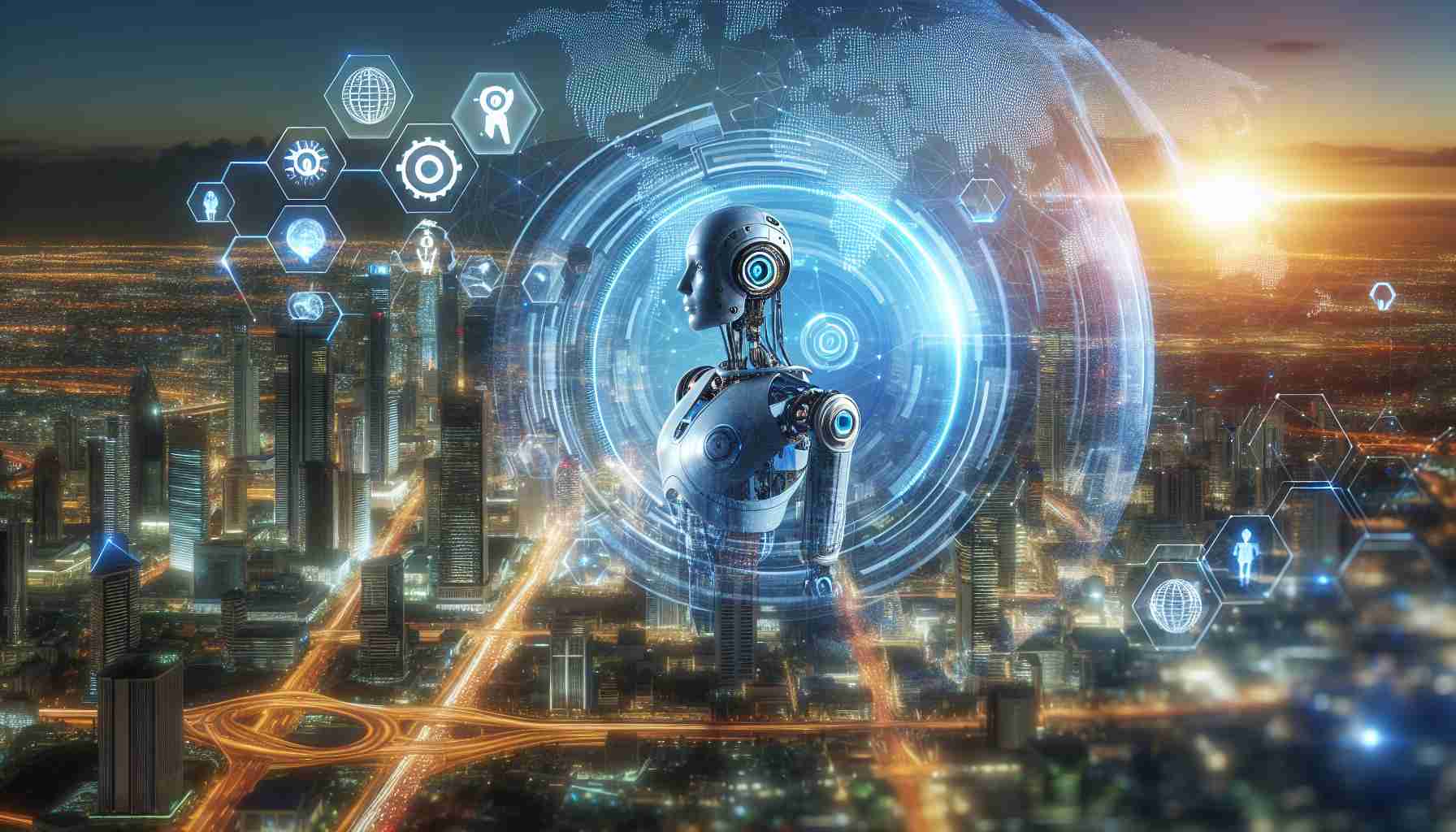In recent years, OpenAI has gained significant attention for its groundbreaking advances in artificial intelligence technology. However, not everyone is aware of the intriguing history shared between the leading AI research lab and the influential tech entrepreneur, Elon Musk.
Founded in December 2015, OpenAI had an ambitious goal to ensure that artificial general intelligence (AGI) benefits all of humanity. A notable fact about its origin is that Elon Musk, the CEO of Tesla and SpaceX, was one of the co-founders and initial visionaries behind the establishment of OpenAI. Musk believed in the importance of advancing AI in a way that would be safe and beneficial for society.
Alongside other prominent figures such as Sam Altman and Greg Brockman, Musk pledged to commit significant financial resources and support to the nonprofit research organization. Initially, OpenAI’s mission was to build AI that could contribute positively to society, with a focus on transparency and collaboration.
However, by 2018, Musk resigned from OpenAI’s board of directors, citing potential conflicts of interest given his work with SpaceX and Tesla, both of which incorporate AI technologies. Despite his departure, he remained a staunch advocate of responsible AI development, continually voicing concerns about AI safety.
Elon Musk’s early involvement with OpenAI underscores his deep interest in AI and technology that prioritizes ethical considerations. Their shared history highlights a commitment to ensuring AI’s development is in the best interest of humanity, a cause that continues to resonate deeply within the tech community.
The Untold Impact of Elon Musk’s Departure from OpenAI
Elon Musk’s involvement with OpenAI was not just a passing interest; it set the stage for some of the most significant developments in artificial intelligence for the general public. But what has unfolded since Musk’s departure raises crucial questions about transparency, ethical considerations, and the direction of AI development.
After leaving OpenAI’s board of directors in 2018, Musk’s exit arguably marked a turning point in OpenAI’s operational approach. The organization eventually transitioned from a purely nonprofit organization to a “capped-profit” company, which sparked debates about its adherence to its original mission. Critics question whether this shift compromises its commitment to benefit all of humanity or leans more towards profit-driven motives.
How does this organizational change affect the global community? The shift to a capped-profit model can impact AI safety and accessibility. While it allows OpenAI to attract more investments and talent, it raises concerns about whether innovations derived from AI technologies will remain transparent and available to all, as initially promised.
Moreover, questions arise about the competitive landscape of AI development. With powerful tech giants and varying ethical standards globally, does this model widen the gap between technologically advanced nations and those lagging behind? These issues underscore the necessity for international collaboration and regulation to ensure AI’s potential is harnessed equitably.
Musk’s departure and OpenAI’s subsequent changes underscore the delicate balance between innovation and ethical responsibility. As other tech pioneers enter the AI race, the world will be watching closely to see if the founding promise of AI for all is upheld.
For more insights, visit OpenAI and Tesla.








